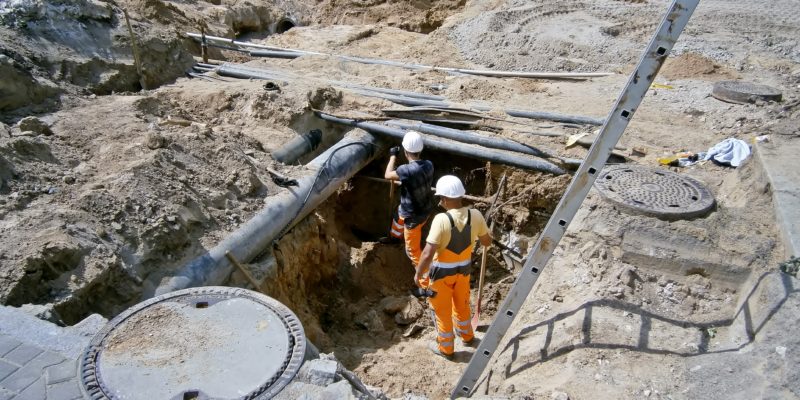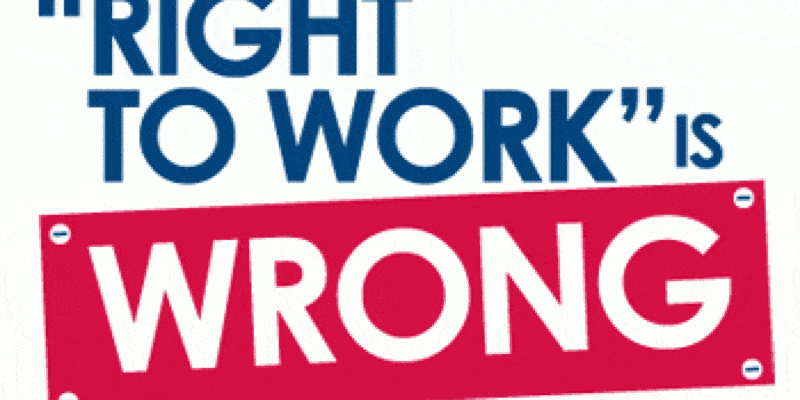JD Supra
April 10, 2019
Maryland “public work” contractors and subcontractors better be checking their payroll, and then checking it twice, because Senate Bill (“SB”) 300 just came to town! Of course, this level of payroll diligence should already be the norm, but effective October 1, 2019, the stakes for certain public work contractors and subcontractors are just a little bit higher for those that fail to pay the appropriate Maryland prevailing wage rates. As a result, the legal process for their underpaid employees could move much faster.
For those less familiar with Maryland public work contracts, pursuant to Section 17-201(j)(1), “‘public work’ means a structure or work, including a bridge, building, ditch, road, alley, waterwork, or sewage disposal plant, that: (i) is constructed for public use or benefit; or (ii) is paid for wholly or partly by public money.” Notably, however, Maryland prevailing wage laws and the new changes for public work contracts do not apply to: (i) projects performed by a public service company under order of the Public Service Commission; (ii) certain elementary or secondary school projects for which less than 25% of the money used for construction is State money; (iii) certain other public work projects for which less than 50% of the money used for construction is State money; (iv) certain contracts where the contractor is already required to pay prevailing wage rates determined by the federal government; or (v) public works contracts valued at less than $500,000.00.
On March 28, 2019, the General Assembly of Maryland enacted certain new provisions in Section 17-224 of the State Finance and Procurement Article. These provisions allow employees of contractors and subcontractors working on eligible “public works” projects in Maryland, to the extent those employees are not paid the prevailing wage rate established by the Commissioner of Labor and Industry (the “Commissioner”), to immediately sue their employers for the difference between the prevailing wage rate and the amount actually received by the employees. Additionally, to the extent the employer is a subcontractor, both the contractor and subcontractor shall be jointly and severally liable for any violation of the subcontractor’s obligations under Section 17-224.
Under the old Section 17-224, employees were first required to file a complaint with the Commissioner to secure an order of restitution. Only after the employer failed to comply with the order could the Commissioner or the employee bring a civil action in circuit court to enforce the order. Further, the allegedly underpaid employee only had recourse against his or her employer, without an express right to recovery against upstream contractors.








